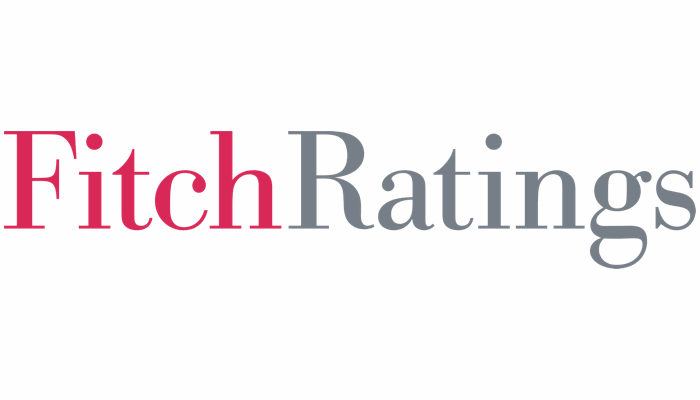European insurers face rising costs and regulatory challenges with AI governance: Fitch Ratings
- August 6, 2025
- Posted by: Taylor Mixides
- Category: Insurance

Fitch Ratings, a global credit rating agency, reports that the European insurance sector will face rising regulatory challenges and associated costs as the European Insurance and Occupational Pensions Authority (EIOPA) embarks on a public consultation to refine AI governance and risk management practices.
Launched on 12 February 2025, the consultation will be pivotal in shaping how insurance regulators interpret and enforce provisions within the European Commission’s AI Act, introduced in July 2024 to address the growing risks posed by artificial intelligence.
Artificial intelligence (AI) has become an integral part of the insurance value chain, with applications spanning various areas such as pricing, underwriting, claims management, fraud detection, and sales.
Fitch Ratings notes that EIOPA’s Digitalisation Report from May 2024 revealed that a significant proportion of insurers are already adopting AI, with 50% of non-life insurers and 24% of life insurers implementing AI-driven systems. This adoption rate is expected to rise further in the coming years, propelled by advancements such as generative AI and foundational models.
As AI continues to permeate the insurance industry, the regulatory environment is evolving to ensure that its application remains responsible and transparent.
Fitch Ratings highlights that while the increased regulatory demands will inevitably raise operational costs for insurers, these stricter oversight measures are ultimately beneficial for the sector, provided they lead to more robust and ethical practices.
However, Fitch Ratings cautions that while AI presents opportunities to improve operational efficiency, it also introduces a range of risks. One of the primary concerns is the lack of transparency in some AI systems, which can make it difficult to understand the decision-making processes behind certain actions.
This opacity may result in unintended biases or discriminatory outcomes, often stemming from flawed or unrepresentative training data. Additionally, the heavy reliance on large datasets and complex algorithms increases the risk of errors, potentially leading to inaccurate risk pricing or other financial liabilities.
To mitigate these risks, the AI Act requires insurers to establish comprehensive risk management frameworks. The Act adopts a tiered approach, categorising AI applications into ‘minimal risk,’ ‘transparency risk,’ ‘high risk,’ and ‘unacceptable risk,’ with each category subject to different regulatory requirements. High-risk AI applications, such as those used in life and health insurance assessments, are subject to stringent obligations, while those deemed to be lower risk are governed by existing sector-specific regulations.
Fitch Ratings also notes that insurers will face challenges navigating the AI Act’s broad, cross-sectoral application, which may complicate the integration of AI within the heavily regulated insurance industry. Developing in-house expertise or partnering with third-party vendors will likely be crucial for insurers seeking to remain compliant.
The AI Act’s provisions are set to take full effect by August 2026, giving insurers time to adapt their practices. However, Fitch Ratings warns that non-compliance could result in significant fines, underscoring the importance of developing proactive compliance strategies. Insurers will also need to invest in adapting their existing AI tools to align with new policies, adding an additional layer of financial strain.
This website states: The content on this site is sourced from the internet. If there is any infringement, please contact us and we will handle it promptly.



